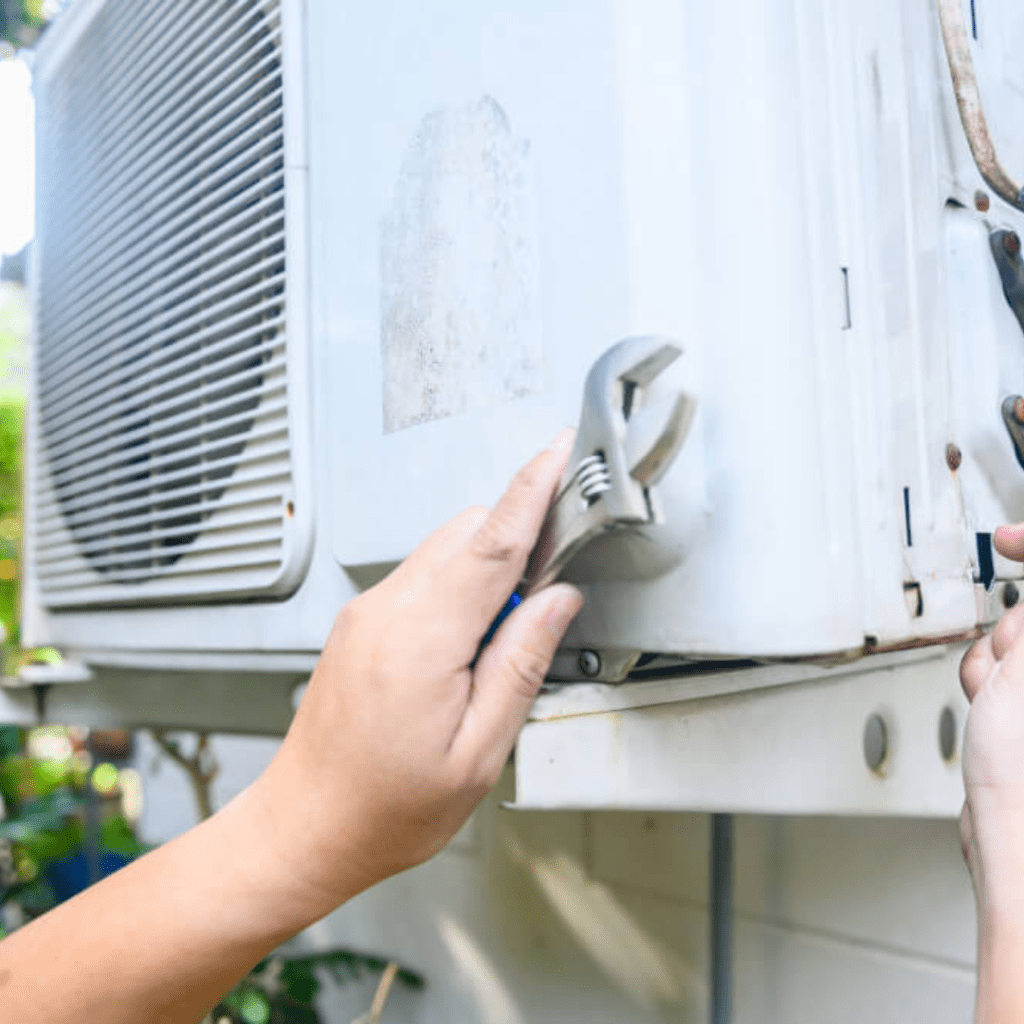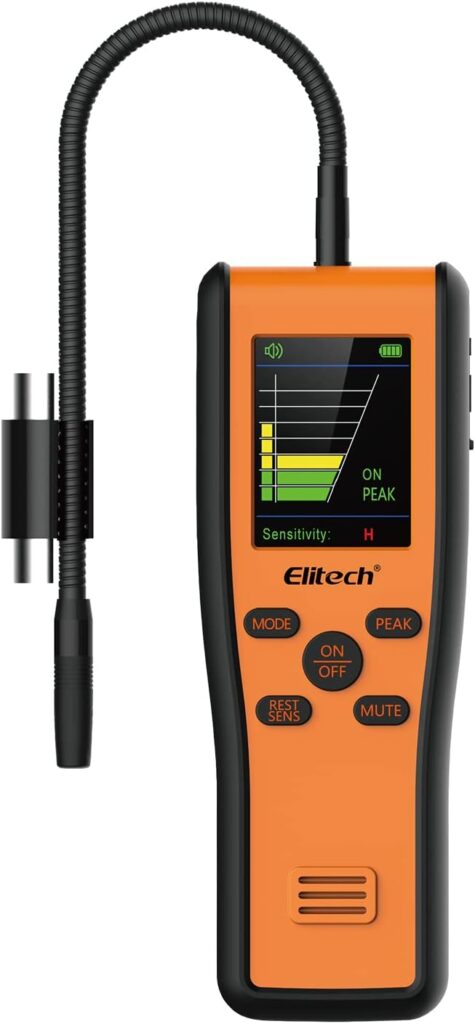Okay, let’s talk about leak stop. You may have seen it advertised as a quick fix for those pesky refrigerant leaks in your HVAC system. This sounds great, right? You just pour it in and then boom, problem solved! But hold up a sec. Before you go running to the store, there’s some stuff you should know.
What the Heck is Leak Stop, Anyway?
Leak stop is a sealant that is designed to flow through your refrigerant lines and it’s suppose to patch up small leaks. It’s marketed as an easy way to fix leaks without expensive repairs. Some types of leak stop will claim to react with air or moisture at the leak site, forming a hardened seal. Others say they use nanotechnology to bond with metal and seal the hole. Sounds pretty nifty, I’ll give you that. But here’s the thing, it’s really not all it’s cracked up to be.
Why You Should Steer Clear of Leak Stop
1. It’s Gonna Gum Up Your System
Think about pouring syrup into your car’s engine. Obviously not a great idea, right? Same deal here. Leak stop leaves behind a sticky mess that can clog up important parts of your HVAC system. Expansion valves, compressors, and even filter driers can all get coated with this junk, making your system run inefficiently or fail completely. And trust me, unclogging that mess is gonna cost you way more than just paying to repair the original leak.
2. It Messes with Diagnostics
Have you ever tried to read a book with sunglasses on inside and in the dark? That’s kinda what it’s like for HVAC techs trying to diagnose your system after you’ve used leak stop. It can throw off pressure gauge readings, making it hard to tell what’s really going on. Sometimes, it even gives false-positive results, making it seem like everything’s fine when it’s not. This means small problems can go unnoticed until they turn into much bigger (and more expensive) issues.
3. Say Bye-Bye to Your Warranty

Manufacturers hate this stuff. Like, really hate it. Most of them will straight-up void your warranty if they find out you’ve used leak stop. Why? Because it can damage your system beyond repair, and they don’t want to be responsible for fixing it. That means if something goes wrong later, you’re on the hook for the full repair bill. Is saving a few bucks now really worth losing your warranty?
4. It’ll Cost You More in the Long Run

Sure, leak stop might seem cheaper and quicker than calling in a pro. But when your system starts acting up because of all that gunk, you’ll be shelling out way more for repairs. It’s like putting a band-aid on a broken arm, it might look like you’re doing something, but you’re not fixing the real problem.
5. Your System Could Overheat or Fail Completely

Imagine trying to breathe through a straw. That’s kinda what your HVAC system feels like with leak stop gumming up the works. It has to work harder, which can lead to overheating or even total system failure. And let me tell you, replacing your entire HVAC system is not cheap!
Interesting Facts About Refrigerant Leaks and HVAC Systems
- Refrigerant doesn’t “run out.” If your system is low on refrigerant, it means you have a leak. Unlike gas in a car, refrigerant is supposed to stay in your system indefinitely, unless something is wrong.
- Leaks can lead to moisture problems. When refrigerant leaks out, it can cause ice to form on coils, leading to water damage and can even start mold growth inside of your unit.
- Refrigerant leaks are bad for the environment. Many refrigerants are greenhouse gases that contribute to climate change. Even a small leak can have a significant environmental impact.
- Your HVAC system is like a bloodstream. Just like you wouldn’t want blood clots in your veins, you don’t want blockages in your refrigerant lines. Leak stop can act like a clot, by restricting flow and causing serious damage.
- Bigger leaks don’t stop. Leak stop is only designed for super tiny pinhole leaks. If you have a major leak, it’s not going to help, and it will most likely make things worse by just masking the problem.
What Should You Do Instead?
Look, I get it. Dealing with HVAC problems is a pain in the you-know-what. But using leak stop is like trying to fix a leaky boat with chewing gum. It might work for a minute, but you’re gonna sink eventually.
Here’s what you should do instead:
- Call in a pro: Yeah, it may cost more upfront, but they’ll actually fix the problem, not just cover it up.
- Get your system checked regularly. An ounce of prevention is worth a pound of cure, right? Regular maintenance can help catch small leaks before they turn into bigger problems.
- Consider getting a leak detection system. It’s like having a little HVAC watchdog that alerts you to leaks before they cause serious damage.
- Use proper repair techniques. HVAC professionals have methods like brazing, replacing components, or even using leak sealants that are manufacturer-approved, not the store-bought kind that causes issues.
Bottom Line?
Leak stop might seem like a nice quick fix, but it’s more trouble than it’s worth. If you suspect a refrigerant leak, don’t take shortcuts. Call a professional and get it fixed the right way. Your future self (and your wallet) will thank you for skipping the leak stop and doing things the right way.
Need help with your HVAC system? Give us a shout! We promise we won’t try to sell you any miracle cures, just good, honest service. 😉
Get a leak detector here — https://amzn.to/4fJjvXR

Utah Mechanical Systems
801-797-3737

